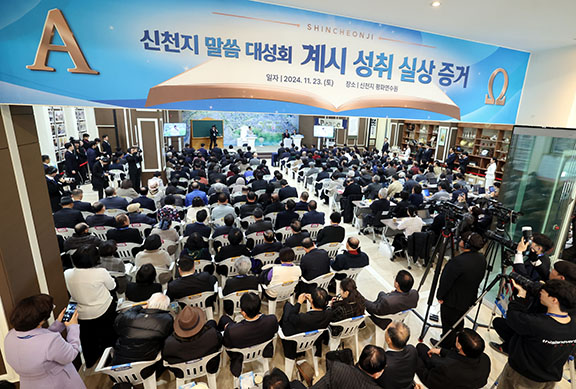Dear Editor,
Civil society activists need to start thinking about the deep differences in international and cross-cultural relations, something that is conspicuously absent in the debates surrounding Guyana’s oil contract with foreign oil companies. Those who think you can simply change a contract when circumstances change for one party are missing this cultural dimension.
The main reason is that culture is central to how we approach negotiations in an international environment. To begin with, cultural misunderstanding is one of the main reasons for failure in international business and international diplomacy
The crux of the matter is that cultural institutions in Guyana are based on high levels of informality, while North American and European cultures are rigid in business practices. For them, a deal is a deal. Guyana, on the other hand, is a give-and-take culture based on face-to-face forms of engagement. In this cultural framework people can make things happen through informal means, sometimes just by making a phone call.
On the other hand, for Americans and Europeans, personal relationships matter less than what is written. Once something is written and has legal ‘consideration’, you can’t change things at will.
Guyana, like most of Latin America and the Caribbean, is characterized by a mañana-type culture. This type of culture is flexible in terms of rules, and especially in terms of communication styles. Furthermore, context is an integral aspect of negotiation. Evidence of this can be found in repeated claims that because Guyana was once dominated by foreign exploiters, oil contracts must demonstrate some degree of financial compensation. For Westerners, context is irrelevant.
Prominent international and intercultural researcher Stefan Kammhuber makes the persuasive point “that every negotiation is also a social encounter…” [I]Individuals inevitably bring their own cultural biography, which they simply cannot shed, but must … precisely adapt to a particular pattern of negotiation that was created in a specific cultural environment’ (2010: 256).
Kammhuber is clear that “[if] one judges the behavior of other partners according to the orientation system, then there is a high chance that this will result in misunderstanding or conflict and ultimately cause the negotiation to fail’ (2010: 258).
Debates about the “sanctity of the contract” highlight central issues of intercultural communication. I think that while many of the civil society groups like Article 13 and individual writers are aware of the difficulties of reopening a signed contract, their audience may not know the same.
This is essential, because when a renegotiated contract is presented to the “masses” as something that can be done easily and without harm, we move from civil society efforts to protect the national interest, to efforts to weaponize political mobilization. Culture becomes equally crucial here because the “masses”, more than any other sector of society, are heavily socialized into believing that we can change things because a better deal could be made. In other words, the elites know one thing, but based on what they say and write, the masses are led to believe something else.
Those calling for a renegotiated oil contract should be aware that they are in the business of chasing foreign capital. Without foreign investment, our hydrocarbon resources would still be under hundreds of feet of water and we would still be the second poorest country in the Western Hemisphere.
sincerely
Dr Randolph Persaud



